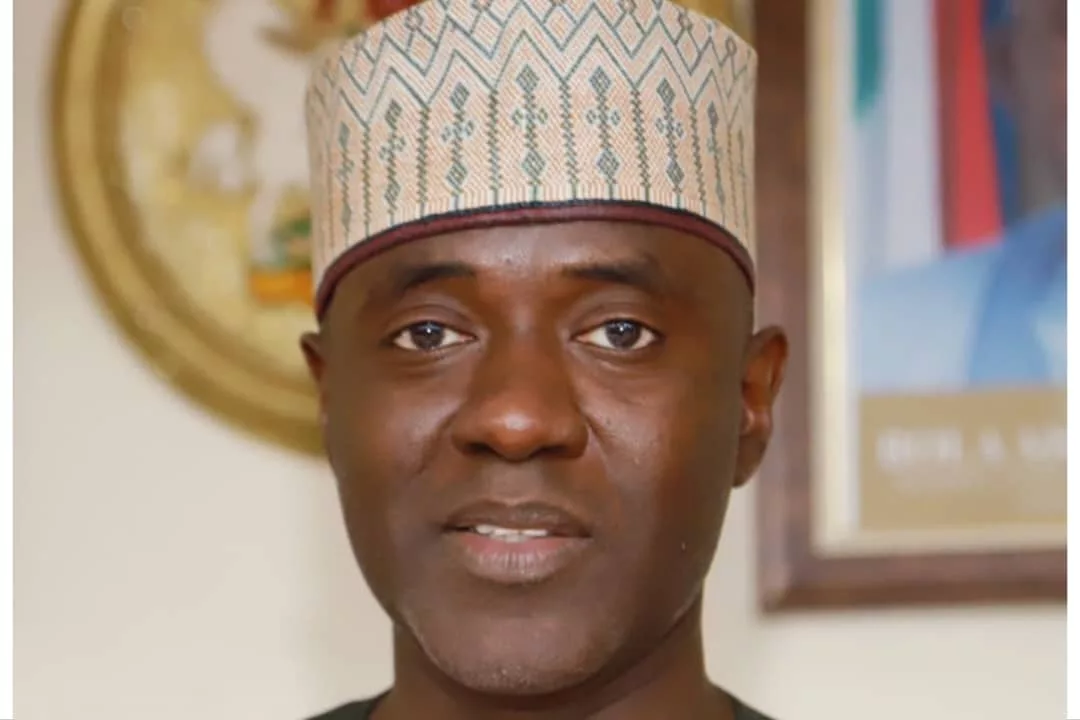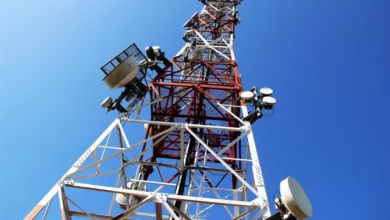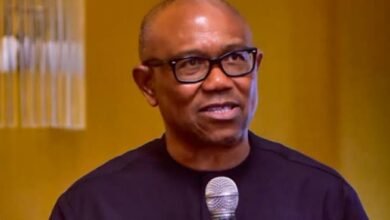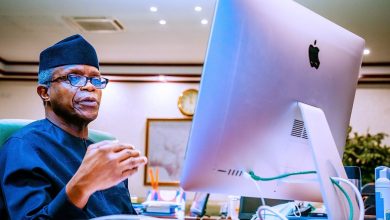NewsTechnology
Nigeria Seeks Nokia’s Investment in ICT R&D to Drive Digital Transformation

The Executive Vice Chairman and Chief Executive Officer (EVC/CEO) of the Nigerian Communications Commission (NCC), Dr. Aminu Maida, has requested Nokia Networks to increase its investments in Research and Development (R&D) to support the growth of Information and Communication Technology (ICT) in Nigeria.
Maida spoke when a delegation from Nokia Networks of Finland led by the Deputy Minister, Under-Secretary of State for International Trade from the Ministry for Foreign Affairs of Finland, Jarno Syrjala, visited the Commission recently to explore further opportunities for mutually-beneficial relationships.
He told the delegation that the Nigerian government is keenly interested in harnessing Nokia’s capabilities through technology transfer to support Nigerian youths in technical skills.
The Nigerian government is targeting training of three million youths in ICT skills to advance the country’s digital economy. “We are keen on getting the youths employed, as our Ministry is targeting three million youths for skills acquisition,” the EVC said.
Maida informed the Nokia contingent that the Commission places primacy in R&D as the bedrock of any knowledge economy, and for advancement of innovation.
He, therefore, urged Nokia and other Original Equipment Manufacturers (OEMs), to explore R&D opportunities to deepen local content development in Nigeria.
While congratulating Maida on his appointment by President Bola Tinubu as Nigeria’s chief telecom regulator, Syrjala said the purpose of the visit was to explore areas of collaboration to support Nigeria’s digital economy agenda.
Syrjala recalled Nokia’s continued partnership with communications service providers in Nigeria, as well as cable and other operators to deliver critical network systems with high performance, reliability, and security.
He noted that Nokia already has an R&D centre in Nigeria, and would target greater investment in this regard.
Nigeria is one of the fastest growing economies in Africa, and the ICT sector is expected to play a major role in the country’s future economic growth. Increased investment in R&D would help to ensure that Nigeria is well-positioned to take advantage of the opportunities presented by the digital economy.




